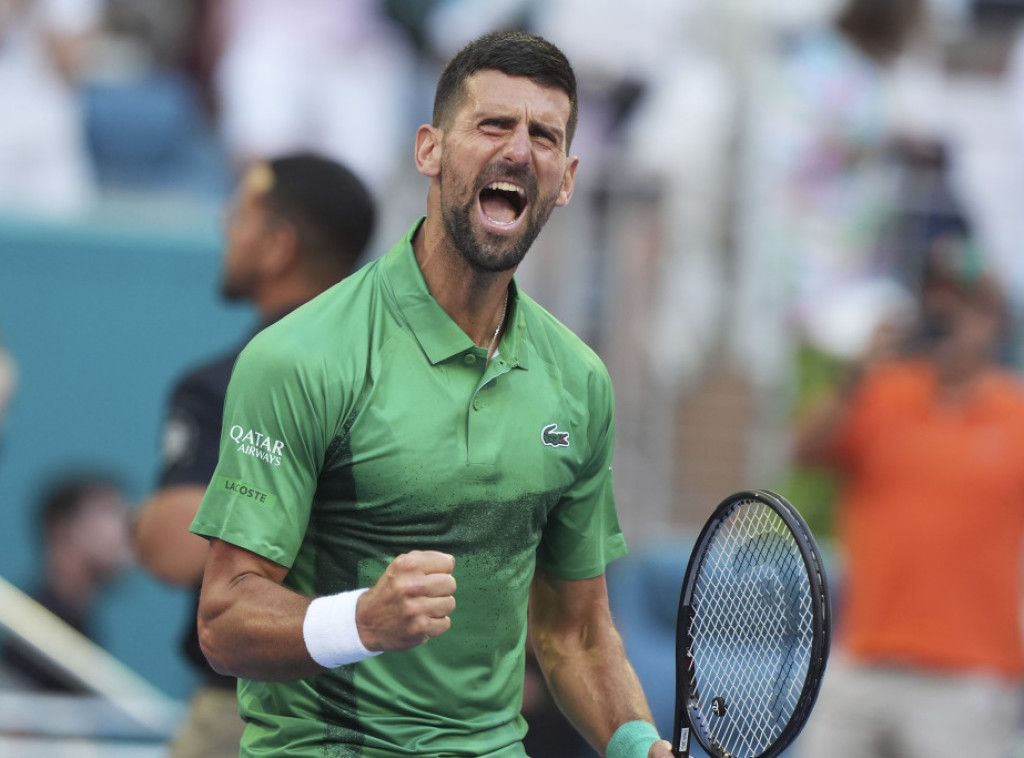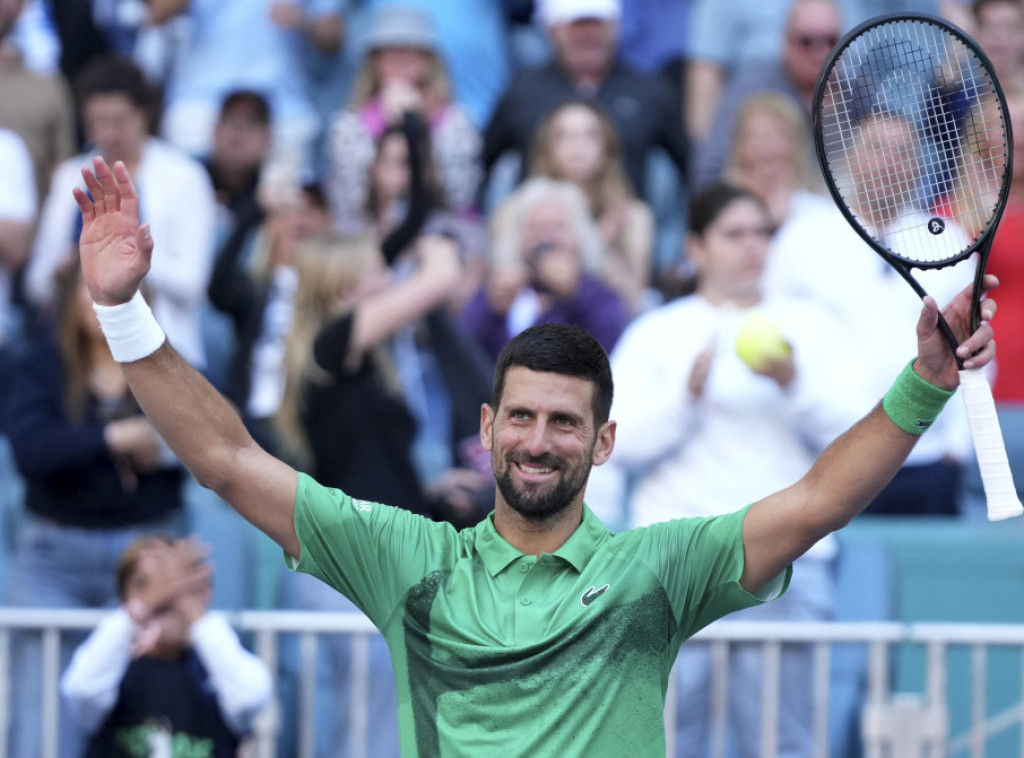The EU would prefer Kamala Harris over Donald Trump as next US president due to her stance on issues from trade to support for Ukraine, analysts say.
A victory for Democratic candidate and Vice President Kamala Harris in the US presidential election would be widely welcomed in Europe as it would likely signal transatlantic continuity on issues from support for Ukraine to trade, analysts say.
As millions of Americans vote on Tuesday between Harris and Republican former President Donald Trump — who remain neck and neck in the latest polls — European policymakers will be considering how the election could affect the continent's trade relationships and security, as well as Kyiv's resistance against Russia's full-scale invasion.
"Overall, we can assume that at the European level, at the multilateral level, at the level of global foreign policy, it will be a continuation of what Joe Biden has done so far," said Serge Jaumain, professor at the Université Libre de Bruxelles (UBL).
One of the most pressing issues in terms of US-EU relations under the new president will be aid for Ukraine. Washington has provided Ukraine with tens of billions of dollars in military and financial assistance — more than any other ally — since Russia launched its full-scale invasion in February 2022.
Harris has vowed to follow in President Joe Biden's footsteps and continue his administation's policy of supporting Ukraine, unlike Trump, who has criticised the level of US assistance given to Kyiv. The EU and its member states have provided at least €57 billion to Ukraine in financial support to-date, and analysts say the bloc will be hoping for a Harris win to maintain the status quo in terms of US funding going forward.
Bart Szewczyk, an analyst at the German Marshall Fund, said the "common challege" for the US and Europe was to help Ukraine prevail by "ensuring the continuity of arms deliveries and financial assistance to Ukraine".
"That's priority number one, two and three," he told Euronews in an interview.
However, even though a Harris presidency would spell good news for Europe on this front, she could still call on the bloc to contribute a larger share of the aid to Kyiv as she may struggle to pass significant support for Ukraine through US Congress, experts warn.
The trade barrier
On trade issues, Harris as president would be a more straightforward proposition for Europe than Trump, who has vowed to impose 10% tarrifs on imports from all nations, and 60% duties on imports from China.
That would have a huge impact on EU-US trade, with Trump warning last month that the EU would "pay a big price" for not buying enough American goods if he won the election.
Harris would mainly represent a business-as-usual approach, although she could pressure the EU to take an ever-tougher stance against China - be that with stronger restrictions on the trade of advanced technologies or higher customs duties on Chinese imports, according to the analysts interviewed.
There are some difficulties to be ironed out between the EU and the US, such as tariffs on European steel and aluminium. The US has supended tariffs introduced by Trump in 2018 on the imports of these metals from the EU, and negotiations are expected to continue after the elections to find a permament solution, said Szewczyk.
Under a Harris administration, "trade policy and the establishment of constructive trade relations with allies and partners will continue," he added.
While Europe will be hoping for continunity and consistency in its relationship with the next US administration, the bloc may have to prepare for a change with a country that is increasingly looking inwards regardless of its political leadership, the analysts warned.
"There is a trend in the US today, increasingly isolationist and increasingly attentive to defending the interests of Americans, whatever the consequences," said Jaumain of UBL.
"And there is also a desire ... to gradually withdraw from several international issues in order to focus first and foremost on the US."

 4 months ago
39
4 months ago
39






 We deliver critical software at unparalleled value and speed to help your business thrive
We deliver critical software at unparalleled value and speed to help your business thrive






 English (US) ·
English (US) ·